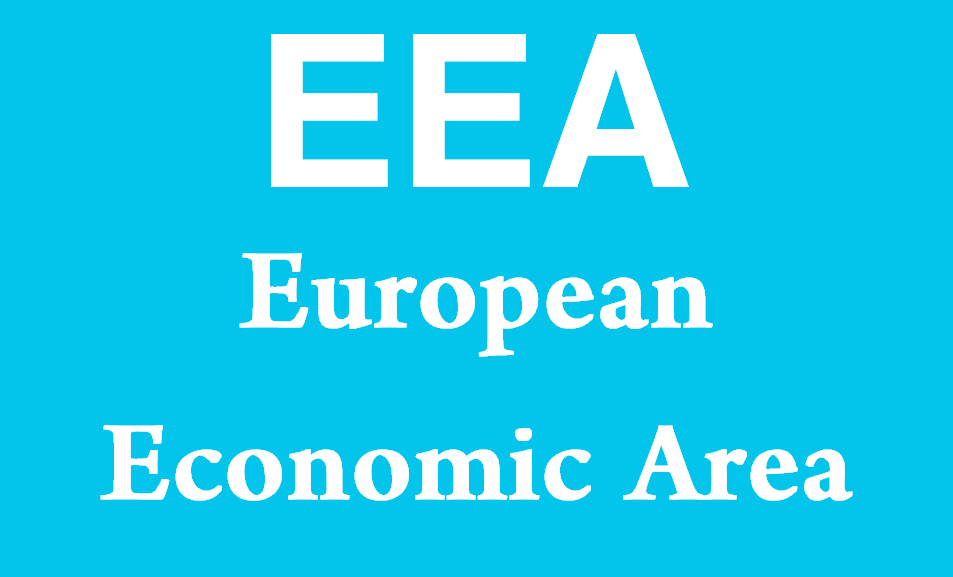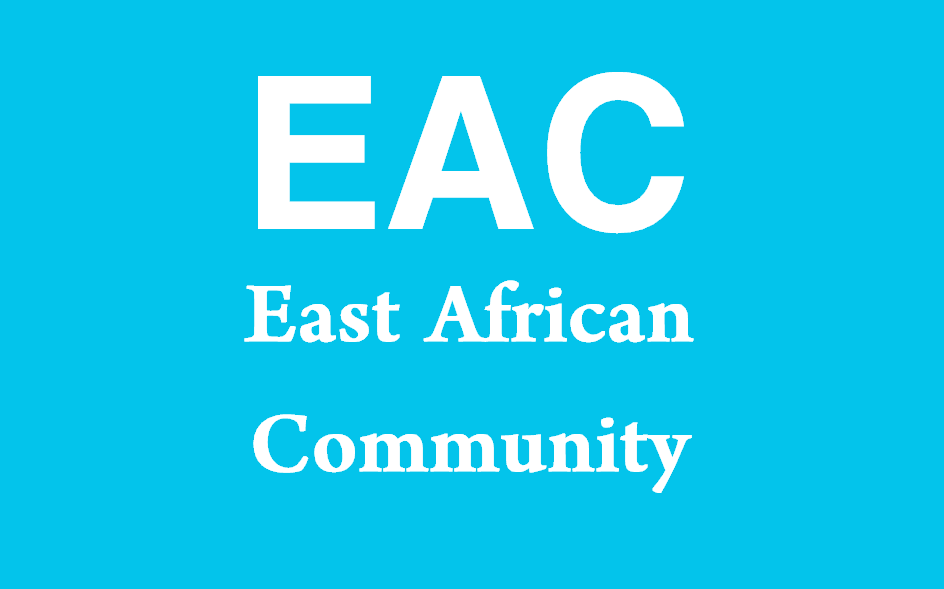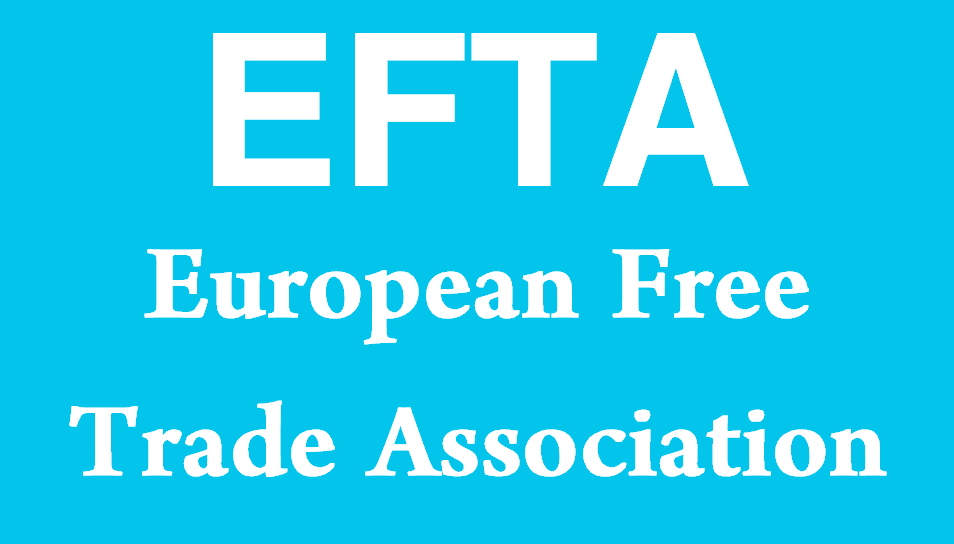What does EEC stand for?
EEC stands for the European Economic Community, an organization established to foster economic integration and cooperation among European countries. This comprehensive explanation will delve into the history, objectives, functions, and impact of the European Economic Community, provide practical notes for importers dealing with EEC member countries, offer sample sentences illustrating the use of the acronym EEC, and include a detailed table listing 20 other meanings of the acronym in various contexts.

Comprehensive Explanation of European Economic Community
History and Establishment
The European Economic Community (EEC) was established by the Treaty of Rome, signed on March 25, 1957, by Belgium, France, Italy, Luxembourg, the Netherlands, and West Germany. The EEC was created to promote economic integration and cooperation among its member states, with the ultimate goal of creating a common market and a customs union. The EEC became one of the key institutions that eventually led to the formation of the European Union (EU).
Objectives and Goals
The primary objectives of the EEC were:
- Economic Integration: To establish a common market and customs union among the member states.
- Free Movement: To ensure the free movement of goods, services, capital, and people within the EEC.
- Economic Cooperation: To promote economic cooperation and development among member states.
- Policy Harmonization: To harmonize economic policies and regulations to facilitate integration.
Functions and Activities
The EEC undertook various functions to achieve its objectives:
- Common Market: The EEC worked to remove trade barriers and establish a common market for goods and services.
- Customs Union: The organization implemented a common external tariff and abolished internal tariffs among member states.
- Regulatory Harmonization: The EEC harmonized regulations and standards to ensure a level playing field for businesses.
- Agricultural Policy: The Common Agricultural Policy (CAP) was established to support farmers and ensure food security within the EEC.
- Regional Development: The EEC invested in regional development projects to reduce disparities among member states.
Impact and Achievements
The EEC made significant strides in various areas:
- Economic Growth: The EEC facilitated economic growth and development by creating a large, integrated market.
- Trade Expansion: Intra-EEC trade increased significantly due to the removal of trade barriers and the establishment of a customs union.
- Political Integration: The EEC laid the groundwork for deeper political integration, eventually leading to the formation of the EU.
- Standard of Living: The harmonization of regulations and policies contributed to an improved standard of living for citizens in member states.
- Agricultural Stability: The CAP provided stability and support to the agricultural sector, ensuring food security and rural development.
Notes to Importers
Understanding EEC Trade Policies
Importers dealing with EEC member states must understand the trade policies and regulations that govern the common market and customs union:
- Common External Tariff: Importers must be aware of the common external tariff applied to goods imported from non-EEC countries.
- Product Standards and Regulations: Products imported into the EEC must comply with the harmonized standards and regulations, including health, safety, and environmental standards.
- Customs Procedures: Importers should be familiar with the streamlined customs procedures within the EEC to ensure smooth clearance of goods.
Benefits of Trading with the EEC
Importers can leverage several benefits when trading with EEC member states:
- Single Market Access: Importers have access to a large and integrated market, reducing trade barriers and facilitating the movement of goods and services.
- Harmonized Standards: The adoption of common standards across the EEC simplifies compliance and ensures high-quality products.
- Economic Stability: The EEC provides a stable and predictable market environment, encouraging long-term trade and investment.
Risk Management and Compliance
To mitigate risks and ensure successful imports, consider the following best practices:
- Due Diligence: Conduct thorough due diligence on suppliers and partners to ensure reliability and compliance with EEC regulations.
- Regulatory Compliance: Ensure that all products meet the relevant EEC standards and regulations to avoid delays and penalties.
- Supply Chain Management: Develop robust supply chain management strategies to ensure timely and efficient delivery of goods.
Sustainable and Ethical Sourcing
Given the increasing emphasis on sustainability and ethics, importers should prioritize sourcing from suppliers who adhere to sustainable and ethical practices, ensuring compliance with international labor and environmental standards.
Sample Sentences Containing EEC and Their Meanings
- “The EEC played a crucial role in establishing a common market and customs union among its member states.”
- This sentence explains the role of the EEC in creating an integrated economic area among European countries.
- “Importers must ensure their products comply with EEC standards to benefit from tariff-free access within the community.”
- This sentence emphasizes the importance of regulatory compliance for importers to enjoy trade benefits within the EEC.
- “The EEC facilitated the free movement of goods, services, capital, and people, boosting economic growth.”
- This sentence highlights the core principles of the EEC in promoting economic integration.
- “By harmonizing regulations, the EEC provided a consistent market environment for businesses.”
- This sentence points out the regulatory alignment within the EEC, creating a stable market for businesses.
- “EEC membership significantly contributed to the economic development and political integration of Europe.”
- This sentence indicates the positive impact of EEC membership on the economies and political landscape of member states.
Other Meanings of EEC
The acronym EEC can have various meanings depending on the context. The table below provides a detailed overview of 20 alternative meanings:
| Acronym | Full Form | Description |
|---|---|---|
| EEC | European Economic Community | An organization established to foster economic integration and cooperation among European countries. |
| EEC | Electrical Engineering Committee | A committee focused on standards and practices in the field of electrical engineering. |
| EEC | Environmental Education Center | A facility dedicated to providing education and awareness about environmental issues. |
| EEC | Endocrine Excellence Clinic | A medical clinic specializing in endocrine system disorders and treatments. |
| EEC | Energy Efficiency Certification | A certification program for buildings and appliances that meet energy efficiency standards. |
| EEC | Eastern Economic Corridor | A development project aimed at boosting economic growth in the eastern regions of a country. |
| EEC | Emergency Evacuation Center | A designated location for evacuating and providing shelter during emergencies. |
| EEC | European Energy Council | An organization focused on energy policy and cooperation among European countries. |
| EEC | Electronic Entertainment Convention | An event showcasing the latest developments in the electronic entertainment industry. |
| EEC | Environmental Engineering Conference | A conference discussing advancements and challenges in the field of environmental engineering. |
| EEC | Early Education Center | A facility providing educational programs for young children, typically before kindergarten. |
| EEC | Ethnic and Ethnographic Council | An organization dedicated to the study and preservation of ethnic and ethnographic heritage. |
| EEC | Enhanced Emission Control | Technology or regulations aimed at reducing emissions from vehicles and industrial sources. |
| EEC | Entrepreneurial Excellence Center | A hub providing resources and support for entrepreneurs and startups. |
| EEC | European Environmental Coalition | A coalition of organizations working together to address environmental issues in Europe. |
| EEC | Economic Evaluation Committee | A committee responsible for assessing the economic impact of policies and projects. |
| EEC | Extended Education Center | An institution offering educational programs beyond the traditional school curriculum. |
| EEC | Elite Engineering Club | An organization for top-performing engineering students and professionals. |
| EEC | Ethical Evaluation Council | A body overseeing the ethical standards and practices within an organization or industry. |
| EEC | Ecological Experimentation Center | A research facility focused on ecological and environmental studies. |






